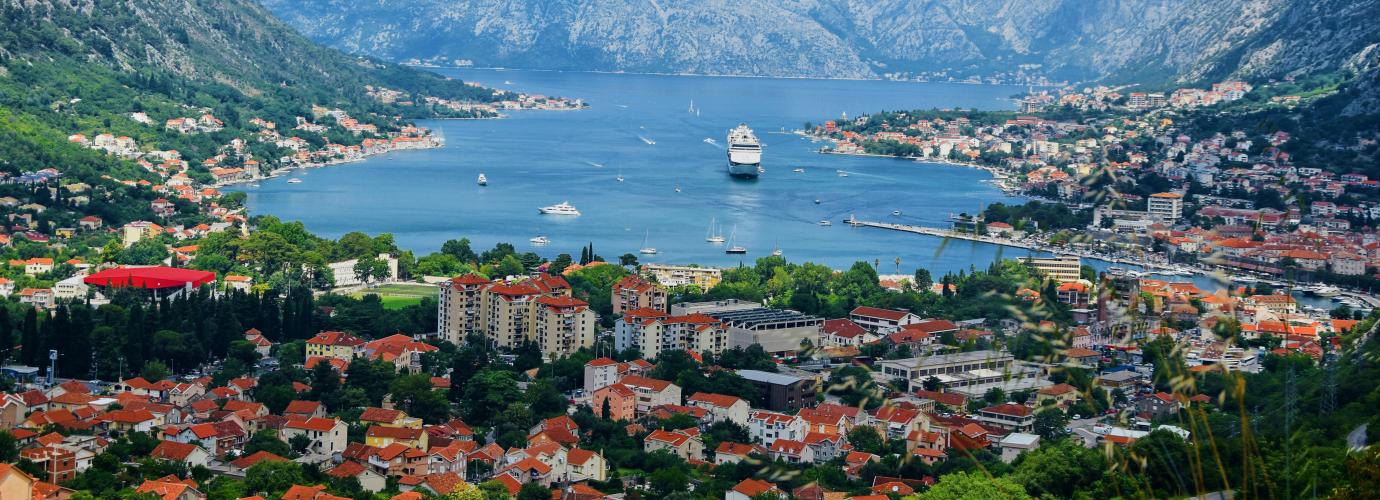In Montenegrin strategic documents for the field of education, internationalisation is considered to be a key condition for development, with mobility as its most representative segment.
Internationalisation and mobility have extended from the level of higher education, where they have been primarily recognised as sine qua non for improving the quality of knowledge acquisition and provision as well as the overall quality of higher education institutions and curricula, to other levels of education - principally secondary education, where they have been given greater importance regarding education of both pupils and teachers. Pupils’, students’ and staff stay in a new environment allows them to get acquainted with other cultures, history, customs, living conditions. Pupils and students who take part in mobility learn to respect others, communicate better, meet different views of the world, and at the same time they develop new cultural, social and academic values that are essential for the individual’s personal development.
In strategies, internationalisation generally refers to mobility of pupils and students, mobility of teaching staff, as well as to the improvement of curricula and improvement of learning, i.e. instruction in foreign languages.
The Strategy for Development of Higher Education in Montenegro 2016-2020 sets as one of the objectives, internationalization both at general, academic and at research level. In this regard, the Strategy envisages the following measures and activities:
-
improving infrastructural capacities
-
organizing instruction or part of instruction in English
-
providing student benefits
-
intensifying the use of EU structural funds for the development of doctoral studies
-
intensifying inclusion in European and regional scientific and research programmes
-
intensifying the use of research training programmes abroad.
The Strategy for General Secondary Education 2015-2020 recognises that the quality of teaching and learning and educational work of an institution require:
-
creating conditions for mobility of pupils through different exchange programmes
-
encouraging international cooperation and mobility in the field of continuous professional development of teachers, primarily when it comes to training for participation in international projects
-
developing curricula as well as educational programmes as a whole, so they are comparable to the curricula of gymnasiums in developed countries in order to facilitate the mobility of pupils
-
improving the organisation of competitions for pupils at the state level to enable the involvement of gymnasium pupils in international education programmes.
The Strategy for Development of Vocational Education in Montenegro 2020-2024, sets as its main objective the increase of mobility, primarily labour force mobility, which is supported at the level of secondary vocational education: encouraging mobility within the continuous professional development of teaching staff, enhancing the knowledge of foreign languages for both pupils and teachers, improving IT competences, preparing pupils to participate at international competitions, harmonising curricula with international standards, and further development of the National Qualifications Framework.
The Strategy for Teacher Training in Montenegro 2017-2024, recognizes the importance of mobility both for initial teacher education (ITE) and for continuous professional development. In the field of ITE, the Strategy proposes to increase the participation in outgoing and incoming mobility of both students and teachers, organise joint studies with foreign higher education institutions, internationalisation of the curricula, and conducting monitoring and mobility data analyses.
The Youth Strategy 2023-2027 requires better approach to youth education and in this sense recognizes that encouraging educational mobility is one of the key preconditions for this to happen. Mobility and intercultural education are specifically recognized by this Strategy and accordingly, measures are proposed to promote inclusivity and mobility in youth policy, especially through exploring opportunities for more active participation in European Union programs, such as Erasmus+.

